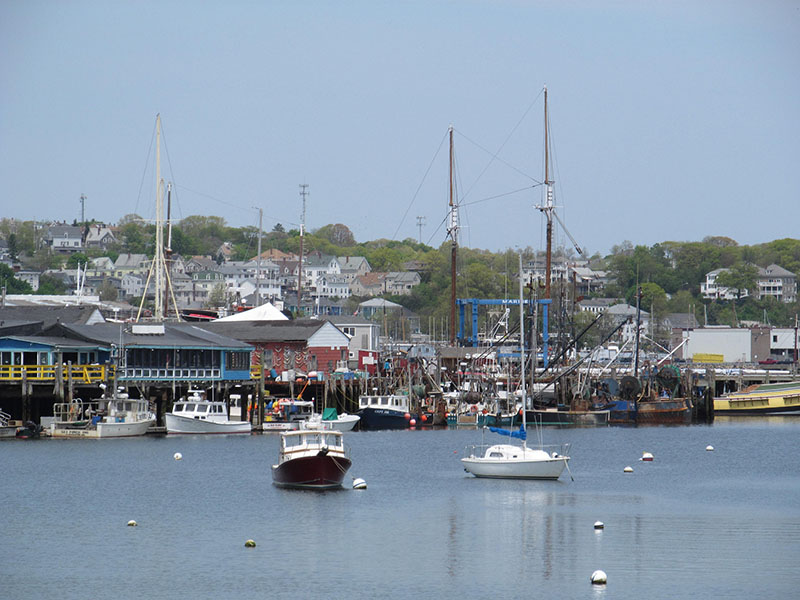It’s distressing to see newspaper articles — and there’s been a rash of them lately — about drug overdoses among New England fishermen.
Quite a few of us dreamed of becoming fishermen and can remember wondering if we could hack it in the meritocracy of the open deck. Now we read that for some people, a site on a fishing vessel is not so much a dream as it is an escape from reality, consummated with a needle.
Although it would be a mistake to correlate drug use with the commercial fishing, I expect fishermen have been getting high since the time of the apostle Peter. When a dragger took on water and sank off Portland, Maine, back in the 1980s, a story circulated on the waterfront that a crew member had climbed back aboard as it was settling away, in an effort to save his pot.
Opioids were not the issue then that they are today, but they were not unheard of. In the 1980s I worked the deck with a guy who didn’t use on the boat but managed to overdose on heroin between trips. For him, fishing hadn’t been an escape from reality, but from a life that caught up with him when he got back to the dock. I’m not sure any of us would have known he was a junkie if he hadn’t eventually ODed.
Fishing has always held an attraction for people who seek employment on an ad hoc basis. The money can be good and you can get off the boat, spend it, and get on another boat. In addition, the workplace accommodates free spirits attracted by life among the elements or who don’t want to commit to “a real job.” And often, the pay is out of sight of the tax man, child support and other obligations.
In years past the money was steady enough to weed out underachievers on deck. Today many vessel operators are not in a position to be as selective as they once were.

Prescription pill bottles collected as part of a drug take-back event. U.S. Marine Corps photo.
However, while this may account for the observation that there are more folks with drug problems in fishing than in times gone by, nothing about fishing accounts for the explosive increase in drug addiction in the United States. Nationally, the number of opioid-related (heroin and prescribed opioids) deaths quadrupled from 1999 to 2015, according to the Centers for Disease Control. Put another way, opioids are killing 91 Americans per day, most of whom have never set foot on a fishing boat.
To their credit, in New England, advocates for fishermen are casting about desperately to deal with addiction in their industry. The Boston Globe recently reported that some vessels have taken to stocking naloxone (aka Narcan), which can reverse an opioid overdose, and Fishing Partnership Support Services, of Massachusetts, is training fishermen to administer the drug.
Of course, Narcan may cure a drug overdose, but it does nothing for the drug problem if its ultimate outcome is another addict back on the street — or on deck — in search of a fix. I think back to my heroin-addict shipmate. Although we’d have airlifted him in a heartbeat if he’d overdosed at sea, we’d have wondered aloud if he might be better off if we just rolled him down the stern ramp and turned up into the tide.
Maine seems to be angling toward something resembling tough love in the lobster industry. “We want addicts to get the help they need, but people who aren’t following the law don’t belong out there on the water with the people who do,” David Cousens, president of the Maine Lobstermen’s Association, told the Portland Press Herald. “It’s as simple as that.”
Whether there is a bright line that can connect fishery violations with drug abuse is another question. Random drug testing has been discussed, although how to pay for it is an issue. Meanwhile, the primary responsibility of the state’s Marine Patrol is enforcement of fishing regulations.
More power to the fishing industry if it can reduce drug addiction within its ranks. In the meantime, the American mainstream might think about getting its priorities straight.
Why? Because heroin addiction is the last stop in a descent that often begins not with prescription painkillers but with drugs like marijuana, whose recreational use is legal along the West Coast from Alaska to California, as well as in Massachusetts and Maine.
According to the CDC, virtually all heroin addiction begins with another drug, and marijuana addicts have three times the general population’s risk of becoming heroin addicts.







